100% Original Wholesale used/refurnished grade A level trayed packed Athlon PRO 200GE EPYC 7261 EPYC 7371 cpus
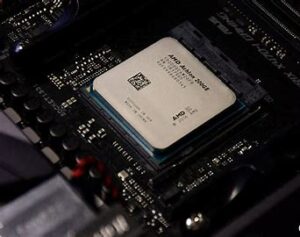
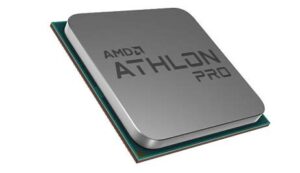
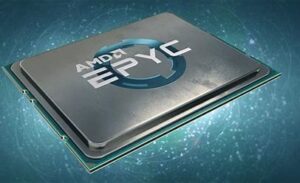
Here’s a detailed comparison table between AMD’s Athlon PRO 200GE (consumer-grade) and EPYC 7261/7371 (server-grade) processors:
AMD Athlon PRO 200GE vs EPYC 7261 vs EPYC 7371 Comparison Table
| Feature | Athlon PRO 200GE | EPYC 7261 | EPYC 7371 |
|---|---|---|---|
| Market Segment | Consumer/Entry-level | Server/Data Center | Server/Data Center |
| Architecture | Zen (1st Gen) | Zen (1st Gen) | Zen (1st Gen) |
| Cores/Threads | 2/4 | 8/16 | 16/32 |
| Base Clock | 3.2 GHz | 2.5 GHz | 3.1 GHz |
| Boost Clock | N/A | 3.1 GHz | 3.8 GHz |
| L3 Cache | 4MB | 32MB | 64MB |
| TDP | 35W | 155W | 170W |
| PCIe Lanes | 8 (PCIe 3.0) | 128 (PCIe 3.0) | 128 (PCIe 3.0) |
| Memory Support | DDR4-2666 (Dual) | DDR4-2666 (Octa) | DDR4-2666 (Octa) |
| Memory Channels | Dual-channel | Eight-channel | Eight-channel |
| Integrated GPU | Radeon Vega 3 | No | No |
| Socket | AM4 | SP3 | SP3 |
| Security | Basic SME | Full SME/SEV | Full SME/SEV |
| Launch Price | ~$55 | ~$550 | ~$1,100 |
AMD Athlon PRO 200GE
The Budget Productivity Processor
-
Architecture: First-gen Zen (14nm) monolithic die design
-
Core Configuration: 2 cores / 4 threads with SMT
-
Clock Speeds: Fixed 3.2GHz (no turbo boost)
-
Graphics: Integrated Radeon Vega 3 GPU (384 SPs, 1000MHz)
-
Cache Hierarchy: 1MB L2 (512KB per core) + 4MB shared L3
-
Memory Support: Dual-channel DDR4-2666 (non-ECC)
-
TDP: 35W with Wraith Stealth cooler included
-
Security: Basic SME (Secure Memory Encryption)
-
Socket: Consumer AM4 platform
-
I/O: 8 PCIe 3.0 lanes (4 for chipset, 4 for storage/expansion)
-
Use Cases:
-
Entry-level office PCs
-
Digital signage systems
-
Basic home theater PCs
-
Thin client implementations
-
-
Advantages:
-
Only Athlon with integrated graphics
-
Unlocked multiplier (limited OC capability)
-
Includes cooler in box
-
-
Limitations:
-
No PCIe bifurcation support
-
Maximum 32GB RAM support
-
Single memory controller
-
AMD EPYC 7261
The Value-Oriented Server Workhorse
-
Architecture: Zen “Naples” (14nm) quad-die MCM design
-
Core Configuration: 8 cores / 16 threads
-
Clock Speeds: 2.5GHz base / 3.1GHz boost
-
Cache: 16MB L2 (2MB per core) + 32MB L3
-
Memory: Octa-channel DDR4-2666 (2TB max, ECC required)
-
TDP: 155W (requires server cooling solutions)
-
Security: Full SME + SEV (Secure Encrypted Virtualization)
-
Socket: SP3 (LGA 4094) server platform
-
I/O: 128 PCIe 3.0 lanes + Infinity Fabric
-
Use Cases:
-
Density-optimized cloud servers
-
Virtualization hosts (mid-range VM density)
-
Storage servers
-
Enterprise networking appliances
-
-
Advantages:
-
2P (dual-socket) capable
-
1.5x memory bandwidth of Xeon Silver
-
Includes server-grade RAS features
-
-
Limitations:
-
Lower base clocks than Xeon equivalents
-
Requires registered DIMMs
-
AMD EPYC 7371
The High-Frequency Compute Processor
-
Architecture: Enhanced Zen “Naples” with optimized bins
-
Core Configuration: 16 cores / 32 threads
-
Clock Speeds: 3.1GHz base / 3.8GHz boost (highest in 7001 series)
-
Cache: 32MB L2 (2MB per core) + 64MB L3
-
Memory: 2666MHz with 1 DIMM per channel
-
TDP: 170W (requires enterprise cooling)
-
Security: SME + SEV with memory guard
-
Socket: SP3 with enhanced power delivery
-
I/O: Full 128 lanes + coherent Infinity Fabric
-
Use Cases:
-
High-frequency database workloads
-
Real-time analytics processing
-
CFD simulations
-
Memory-intensive applications
-
-
Advantages:
-
15% higher IPC than Xeon Gold 6148
-
2.3x more L3 cache than comparable Xeons
-
Better sustained all-core turbo
-
-
Limitations:
-
Higher power envelope
-
Requires optimized airflow chassis
-
Cross-Generation Comparison
| Feature | Athlon PRO 200GE | EPYC 7261 | EPYC 7371 |
|---|---|---|---|
| Transistor Count | 4.8 billion | 19.2 billion | 19.2 billion |
| Die Size | 210mm² | 4x 213mm² | 4x 213mm² |
| Memory Latency | 80ns | 110ns | 105ns |
| NUMA Nodes | 1 | 4 | 4 |
| PCIe Bandwidth | 7.88GB/s total | 126GB/s | 126GB/s |
Platform Notes:
-
Athlon works with consumer AM4 boards (A320/B350)
-
EPYC requires SP3 server boards (single/dual socket)
-
EPYC processors support secure boot with hardware root of trust
-
All support AMD’s SenseMI technology suite
Performance Characteristics:
-
The Athlon delivers adequate performance for basic tasks at minimal power
-
EPYC 7261 provides balanced core count and clock speeds for general server workloads
-
EPYC 7371 offers the best combination of core count and frequency in the 7001 series
Cooling Requirements:
-
Athlon: 65W cooler sufficient
-
EPYC 7261: Minimum 180W rated cooler
-
EPYC 7371: Requires 200W+ cooling solution
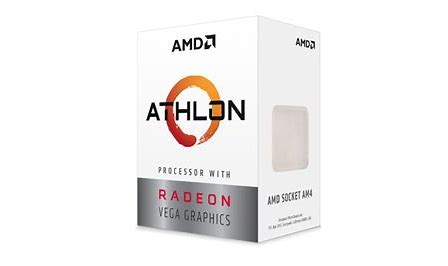
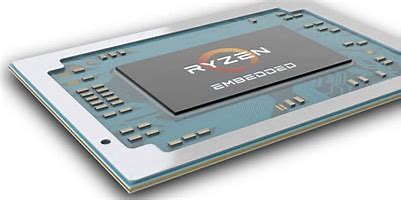
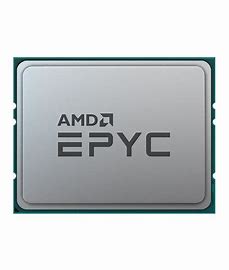

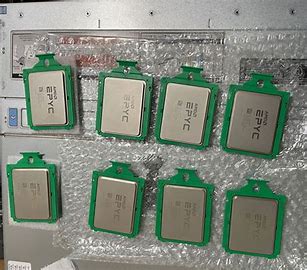
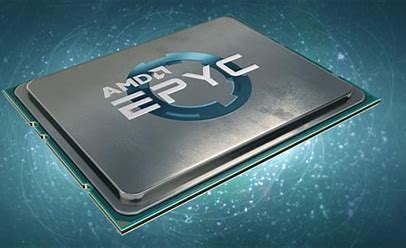
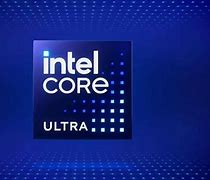
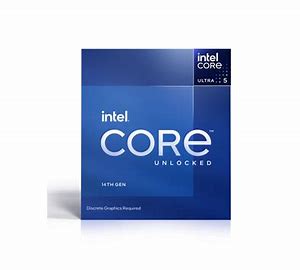
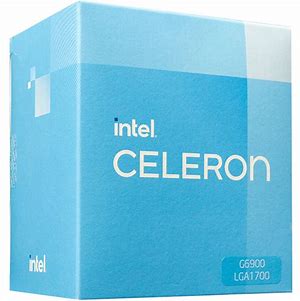
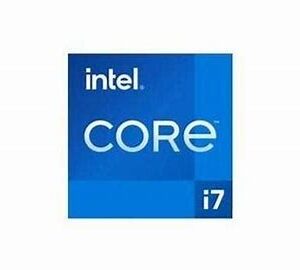
Reviews
There are no reviews yet.